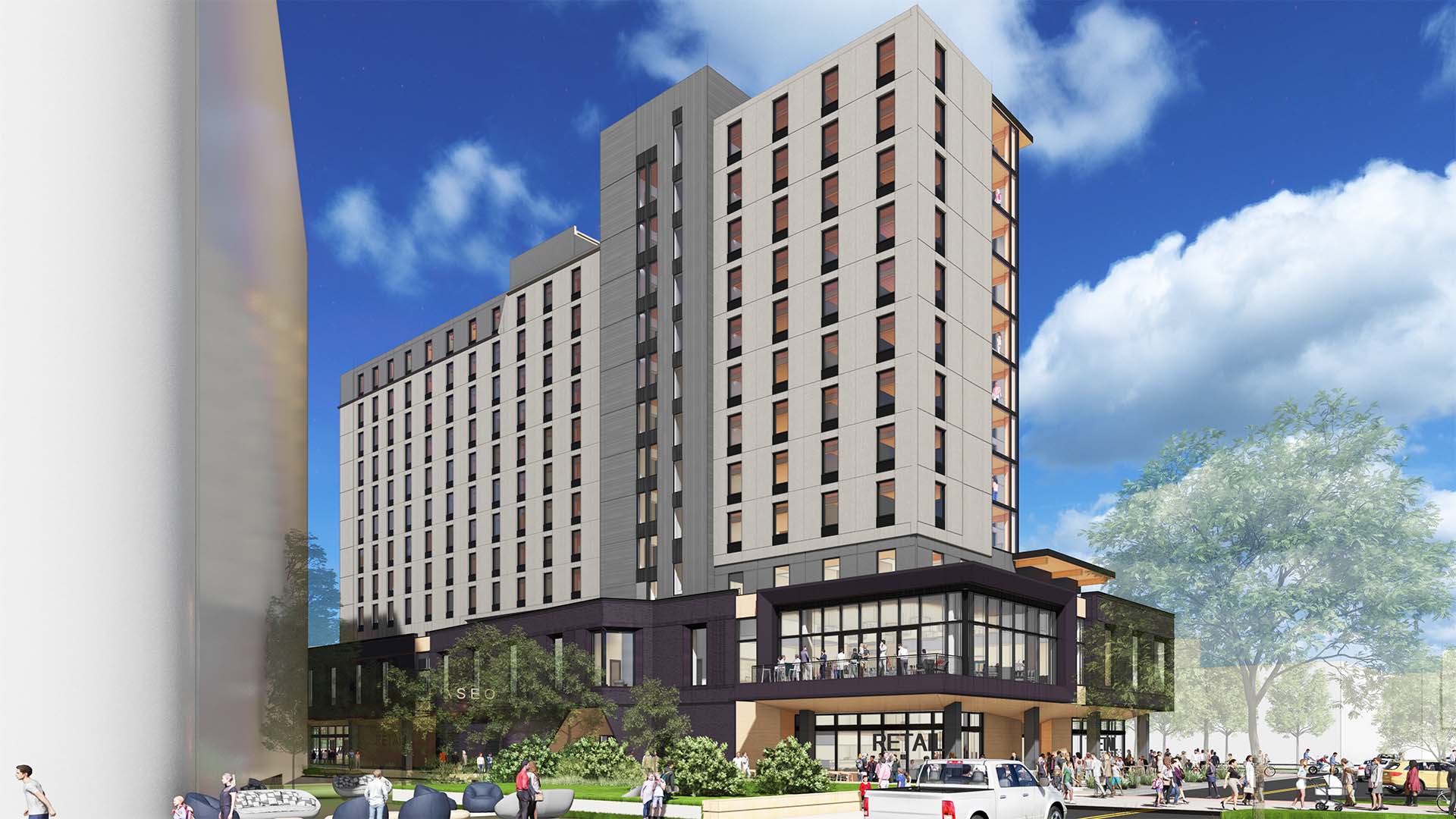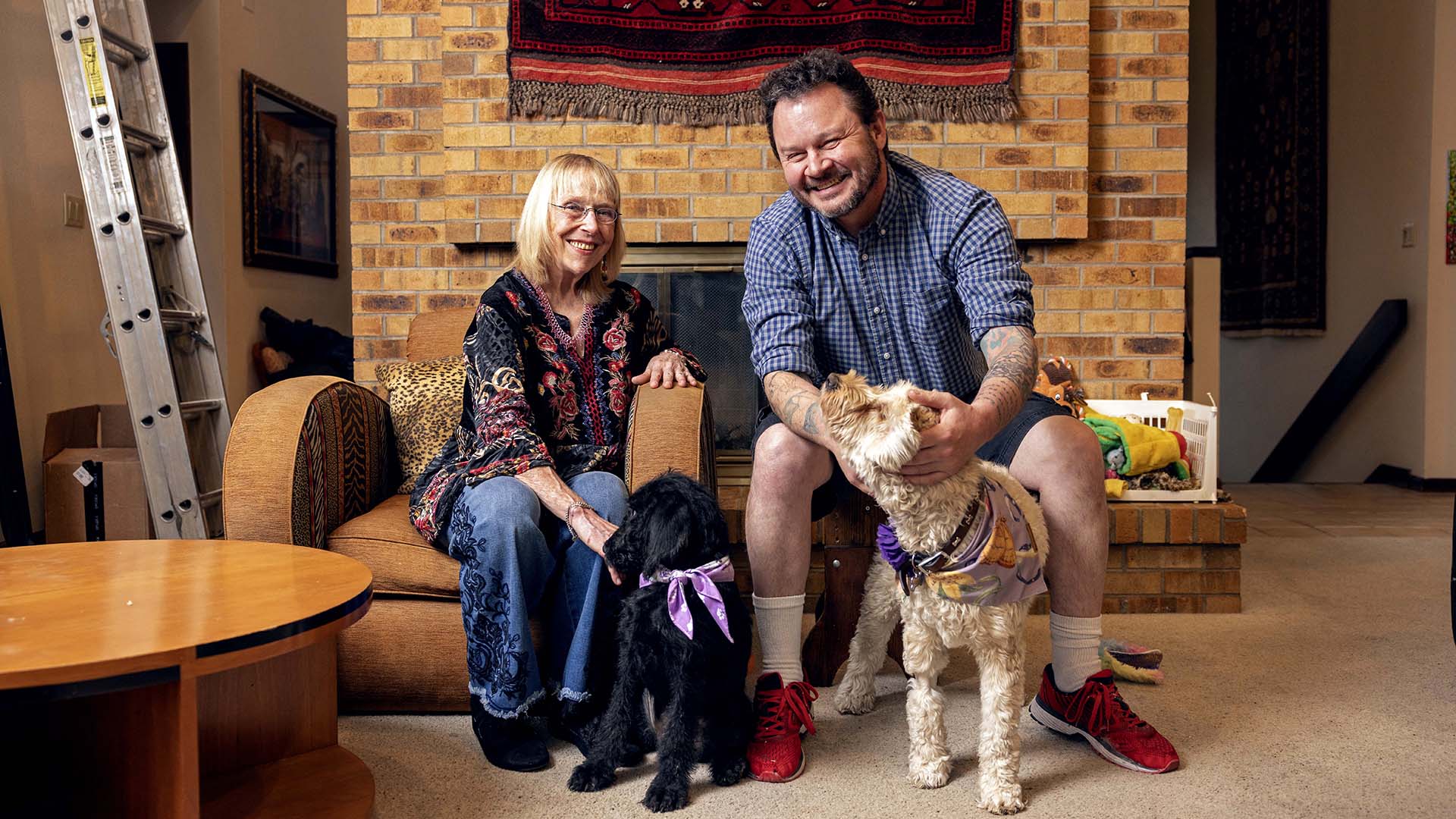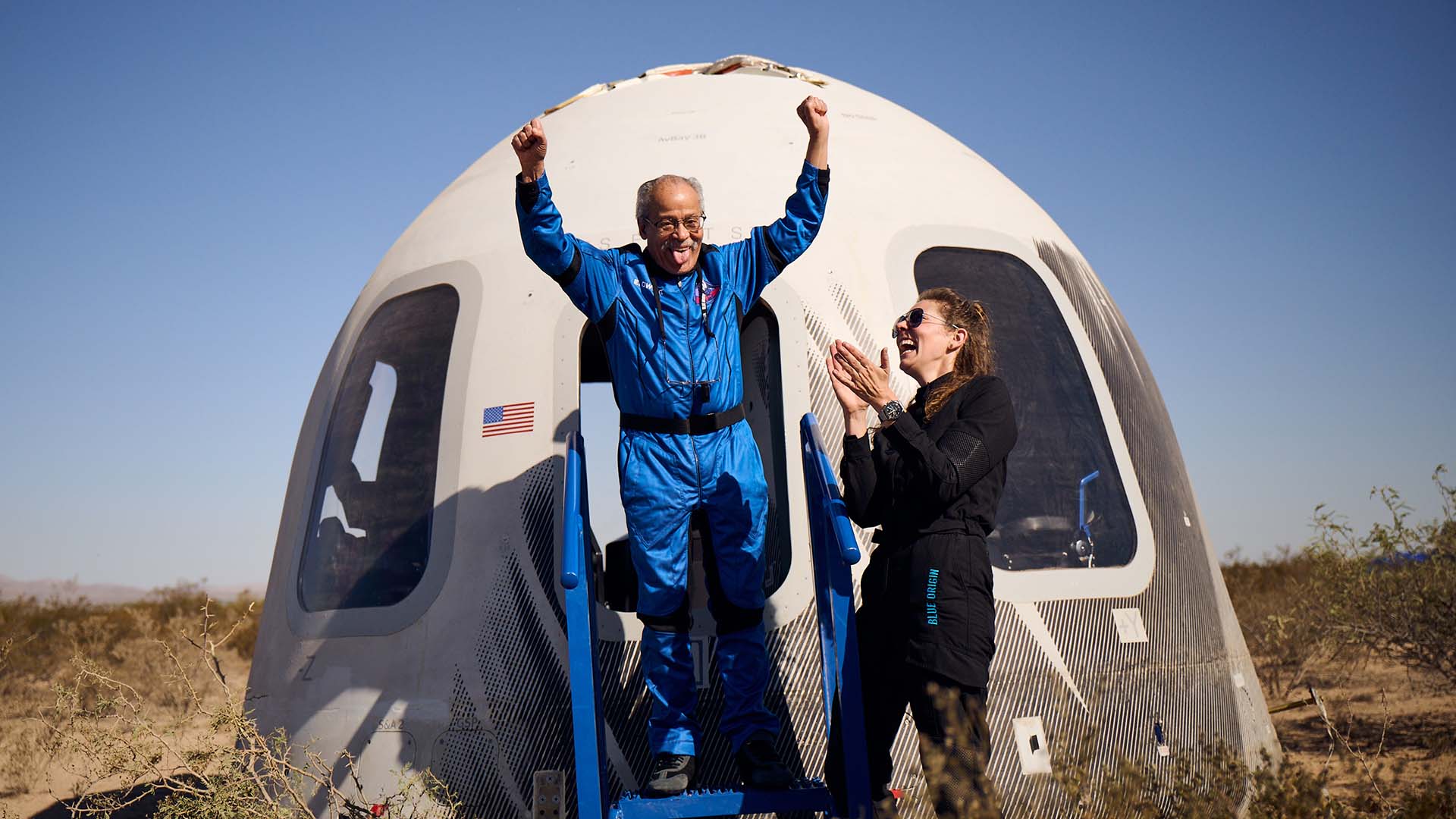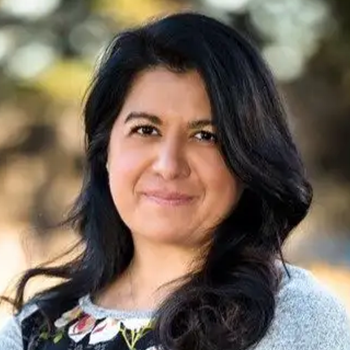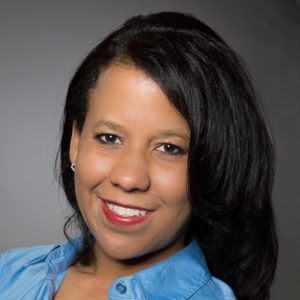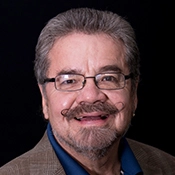MSU Denver reveals vision for higher education post-pandemic
Here’s how Colorado’s public-access institution is reimagining college to meet students where they are in their ‘complicated, zigzaggy lives.’
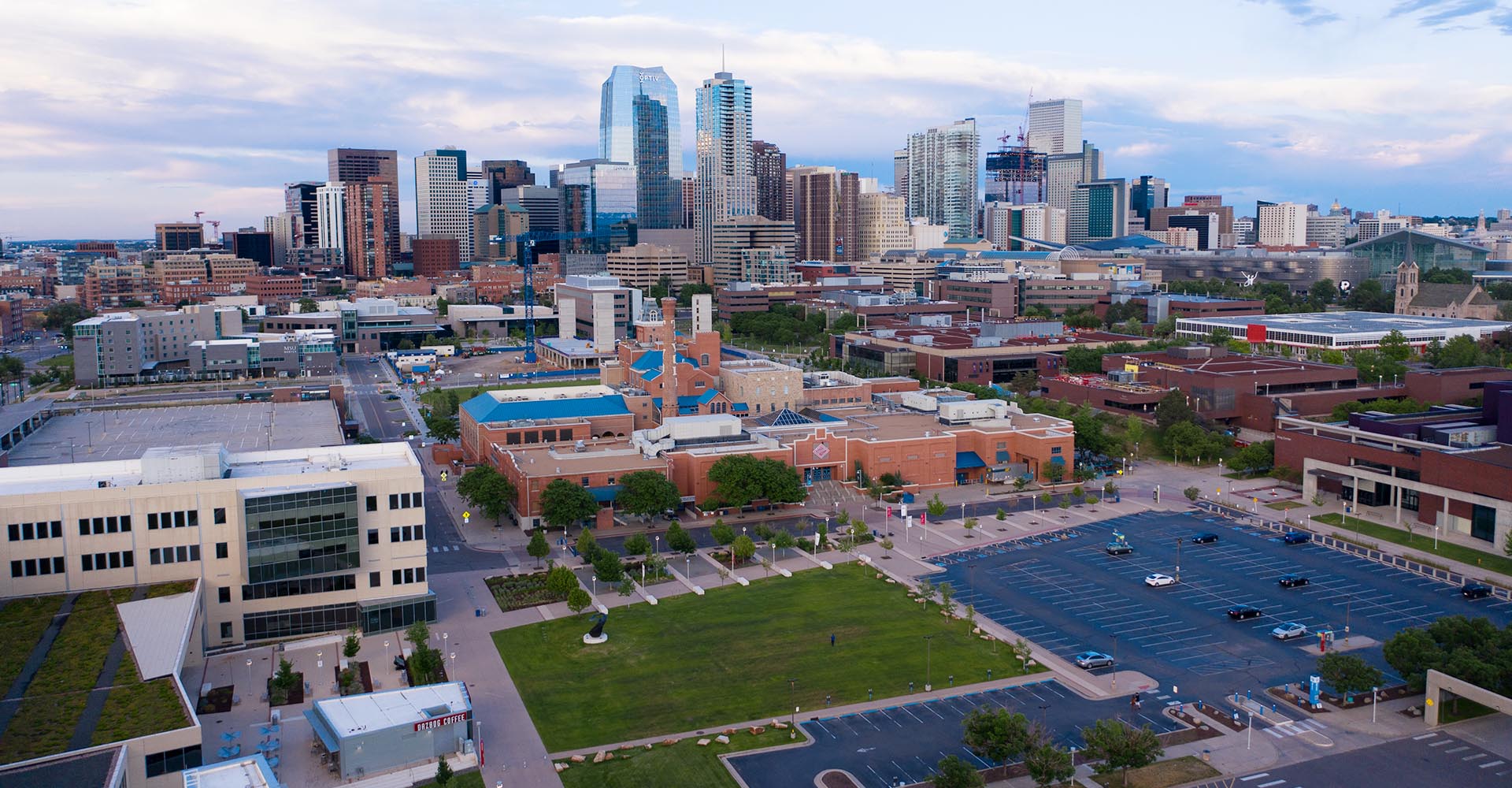
In a typical year, university strategic plans are unveiled with great fanfare, complete with ambitious goals and lofty aspirations. And then, they’re promptly forgotten.
The past year has been anything but typical.
In fact, the strategic-planning process at Metropolitan State University of Denver reflected how much of the country responded to a pandemic, an economic downturn and widespread social unrest: Pause, respond and recalibrate.
The result is MSU Denver’s 2030 Strategic Plan, a lodestar leading the urban anchor institution to national prominence in academic, civic and economic arenas.
The plan is a sneak peek at the future of higher education, said MSU Denver President Janine Davidson, Ph.D. That future is accessible and rigorous, adapting to meet the needs of individual students and communities.
“Schools like ours – those serving working adults, students of color, those laid off from work or otherwise who don’t fit in the ‘traditional’ mold – need options,” she said. “That has to be our mission: We meet people where they’re at in their complicated, zigzaggy lives.”
The need to reframe higher education was jump-started by the confluence of public-health and social crises, said Katia Campbell, Ph.D., president of MSU Denver’s Faculty Senate and associate professor of Communication Studies.
It’s easy for institutions to get caught up in the guidelines, deadlines and structures of contemporary academic thinking and what constitutes student success, she said.
“We reframed our thinking to other kinds of pedagogy that help students meet their own personal mission,” Campbell said. “We’ve shown we can do that this past year, but sustaining it requires us to execute a phenomenal dance routine during an earthquake.”
Strategic pause
In early 2020, the University’s strategic-planning team had collected feedback from nearly 2,000 constituents and was shifting its focus toward implementation. When the reality of the pandemic set in, the group was forced take what Davidson referred to as a “strategic pause” to retool the approach.
Davidson drew upon strategies used in her time working in the Pentagon to envision alternative future trajectories and plan for each scenario. With surgical precision, each element of the document was pressure-tested and vetted as the confluence of Covid, the movement for racial justice and all the subsequent economic and humanitarian ripples played out in real time.
As a result, the team reimagined itself as working group, bringing in even more community stakeholders and testing various scenarios, said Matt Makley, Ph.D., professor of History and past Faculty Senate president who served on the planning committee. The result that emerged doubles down on MSU Denver’s unique space in the Colorado higher ed ecosystem, continuing to build the infrastructure and curriculum to erase equity gaps through “the liberation of minds and bodies.”
“The idea is that the post-COVID world needs new ideas from new places; we’re not going to solve our modern problems with the same old equations,” Makley said.
“(The process) is messy at times, like life – but we can look for moments of beauty and insight amidst the challenges we face.”
What emerged was a reinforced structure, with an instructional shift to a hybrid online-and-on-campus environment that reflects the agility of MSU Denver students. Pillars devoted to diversity, equity and inclusion solidified an institutional commitment to build an anti-racist infrastructure.
“We can’t solve 400 years of structural racism overnight here at one university – we can only do our part,” Davidson said. “But when we stick to our mission, we serve our students. And when we do that, wherever our students end up, they end up leading in their spaces.
“What we’re doing here is the right thing.”
First steps on a long road
Karena Beckham understands reimagining the future amid upheaval.
The clinical-counseling psychology student came to MSU Denver for a career change from a fast-paced, high-stress field in which she experienced discrimination and structural inequities that led to a successful wrongful-termination lawsuit.
“I wanted a place where I could effect change from the inside out, and MSU Denver has done that for me,” said Beckham, who contributed to the University’s Strategic Plan. “I don’t just want to come here, check the boxes and leave. I want to make a difference so what comes after me is better for others.”
The Strategic Plan provides a point of cautious optimism for student Trustee Alaura Ward because in addition to outlining a more accessible future for higher ed, it also provides a post-pandemic vision for safe in-person learning.
“A lot of students are tired and ready to get back to campus,” said Ward, who participated in the strategic-planning process. “It’s reassuring to know campus leaders are making efforts to get us back safely.”
As announced in February, the Auraria Campus is planning a full return to in-person operations in the fall semester. Student-facing University employees were moved up on the vaccine priority list after a statewide advocacy push, and shots are already going into arms for those who qualify.
“Throughout the pandemic, and now as we shift to what comes after it, our relationships have had to get even stronger,” Ward said. “We’ve been able to demonstrate how adaptable we are – and need to still be all in this together.”
Working on the University’s Strategic Plan was rewarding for its intentionality and inclusion of student voices such as hers, Beckham said. She echoed Ward’s sentiment that the plan provides positive first steps on a long road leading to what higher education can and should look like in post-pandemic America.
“I think (MSU Denver is) ahead of the curve compared to many institutions when it comes to adaptations. Our students know it; we live it,” she said. “We still have a lot of work to do, but we’ve got a head start.”
Higher ed on the edge
MSU Denver’s vision offers a rebuke of what Davidson referred to as the college “country-club experience” that evolved as a result of the widespread disinvestment in higher education over the past 40 years.
The data are particularly stark in Colorado, where in 1980 the state paid 63.4% of tuition costs at state schools; by 2018, that number had shrunk to 29.1%. This steady disinvestment has resulted in increased tuition rates across higher education.
Funding cuts and a desire to limit costs to students put the squeeze on institutions to stretch further within a one-size-fits-all operational model, making it difficult for Colorado to meet its goal of 66% postsecondary education for Coloradans ages 25-34 by 2025. And those cuts occurred in an economy requiring more postsecondary education. Nearly 75% of Colorado jobs require some sort of postsecondary education, along with 97% of in-demand and well-paying “top jobs,” according to Colorado’s Department of Higher Education.
Year-over-year drives for efficiencies have obscured a fragile social contract beset by an ecosystem of growing inequities. And that was before Covid. Enrollment at MSU Denver dropped 6.2% in 2020, reflecting the pandemic’s economic shock that disproportionately impacted low-income students, students of color and first-generation students.
“Higher ed was already on the edge,” Davidson said. “When we take a big hit, it’s not like we have huge shock absorbers built in. All the trends we were watching prior to the pandemic have been amplified, or at least revealed. If you weren’t paying attention before, it’s at least a lot more obvious now.”
“As we build back following this pandemic, we need to reinvest in higher education,” she added. “MSU Denver will be there for the thousands of Coloradans ready to re-commit to their goals and dreams.”

